Blogs
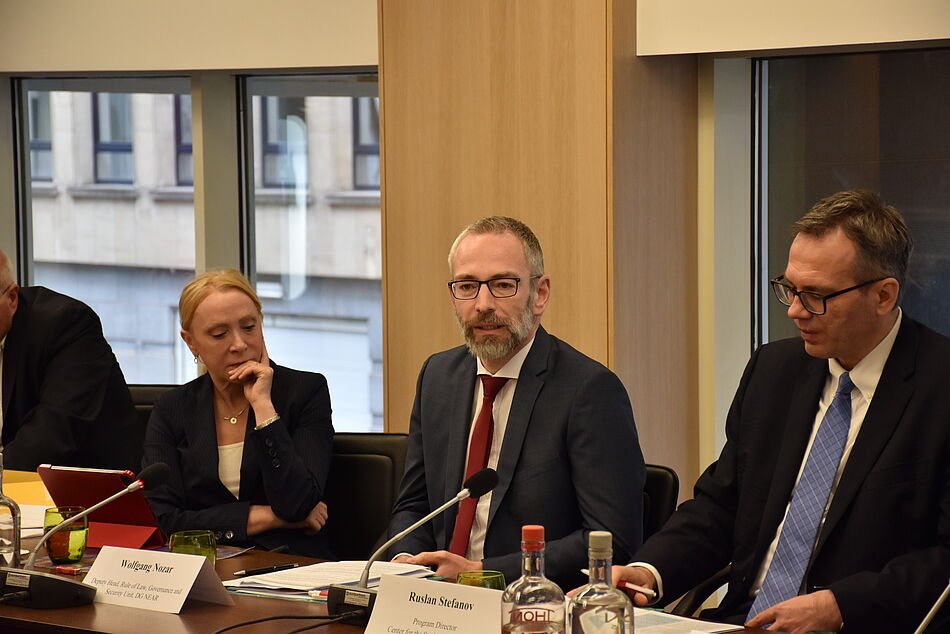
Democracy that delivers: Strategic re-engagement with the Western Balkans Roundtable
BFMI participated in a policy roundtable titled “Democracy that delivers: Strategic re-engagement with the Western Balkans,” hosted by the Center for the Study of Democracy (CSD) in partnership with EURACTIV Bulgaria.
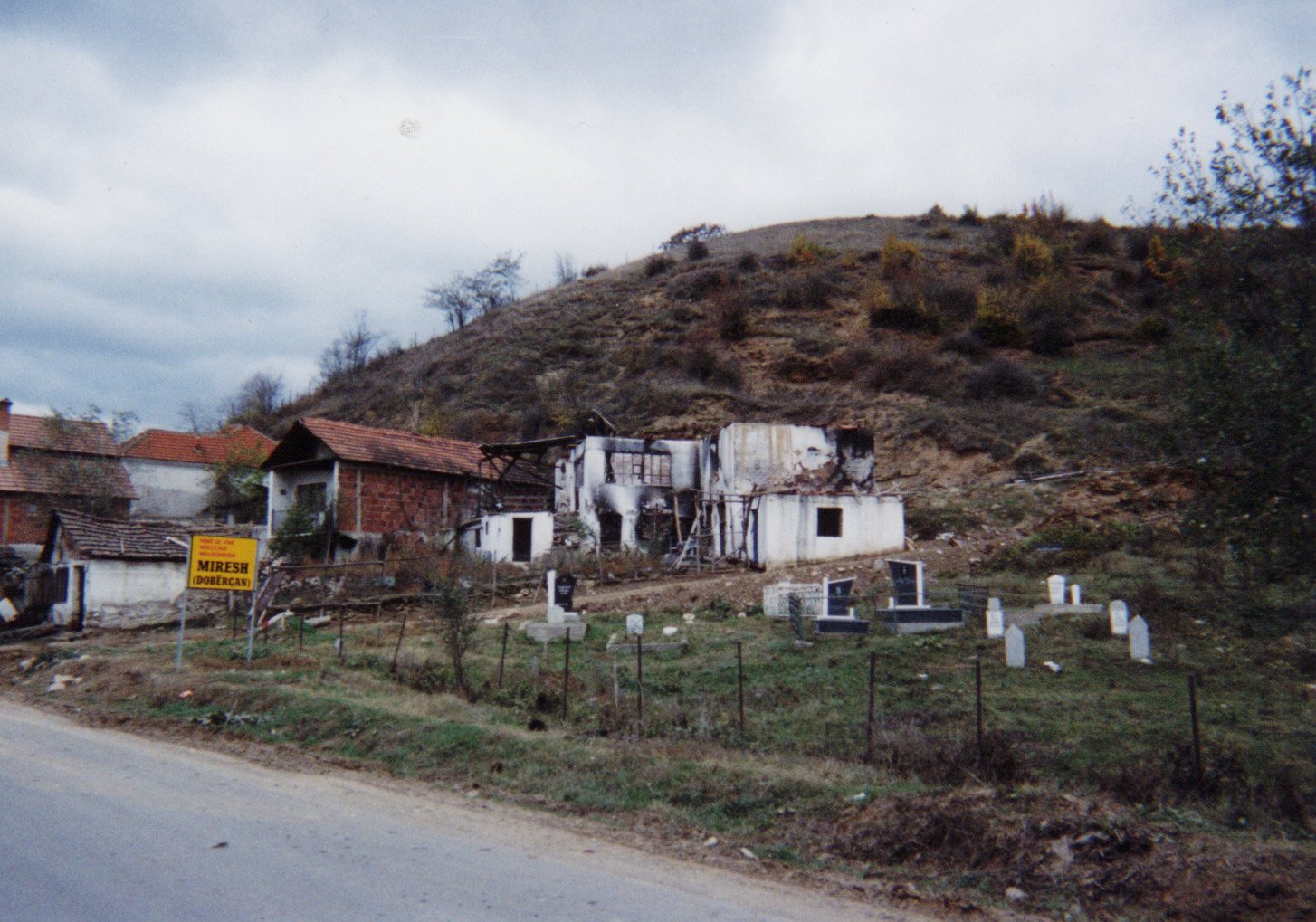
BFMI ROUNDTABLE: Can free media help prevent a Kosovo-Serbia crisis?
The declining media environment in the Balkans plays a key role in rising tensions between ethnic Serbs and the ethnic Albanian-led government in Kosovo, which is now having a serious impact on the security situation.
BFMI hosted an online roundtable of experts on the role of free media in the Kosovo-Serbia crisis.

Tagesschau: The influence of Russian media in Serbia is “huge”
BFMI Director Antoinette Nikolova has been quoted in an article published by German news outlet Tagesschau about the influence of Russian state-sponsored media in Serbia.

New report exposes pro-Kremlin disinformation networks in the Balkans
A new report from the independent, cross-border journalism network VSquare uncovers the connections and tactics of websites spreading Russian disinformation in 13 countries across Europe.

Slovenia: BFMI joins media freedom groups in backing legislative efforts to depoliticise public media
The Balkan Free Media Initiative, along with seven media freedom organisations, announced its support for the proposed reform of the public broadcasters law of Slovenia. The organisations highlight the urgent need to depoliticise public media services and will continue to monitor the situation.

BFMI raises alarm over draft Bulgarian law
BFMI joins media freedom organisations in raising the alarm over draft law submitted to Bulgarian parliament by the far-right party which would introduce a Russian-style “foreign agent” law involving potential sanctions for media outlets.
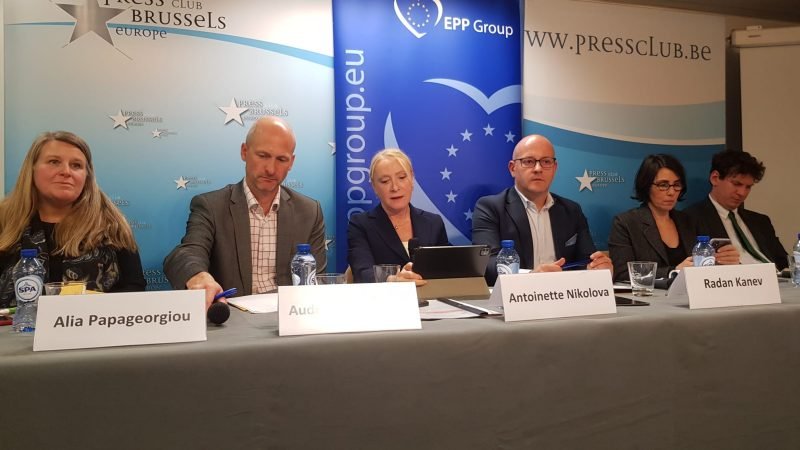
How member states’ consultation might impact the European Media Freedom Act
BFMI’s Director, Antoinette Nikolova, participated in an event with Euractiv Bulgaria and other media experts to discuss the European Media Freedom Act - and potential roadblocks it faces as it moves through the European Parliament process.

European Media Freedom Act needs a Balkan focus
BFMI’s Antoinette Nikolova explains in Euractive why the European Media Freedom Act needs a Balkan focus. The EU must ensure that the new media law can have a positive impact in acceding countries where the deterioration of media freedom is a growing problem.

Balkan countries rank among the lowest in 2022 Media Literacy Index
Countries in the Balkans and Southeast Europe are the most vulnerable to fake news and disinformation, according to the 2022 Media Literacy Index. The EU must to more to oblige EU members and accession candidates alike, particularly in the Balkans, to protect media freedom and pluralism.

Czech Republic: BFMI joins media freedom organisations in urging MPs to pass media act amendment
BFMI, along with ten other international press freedom organisations, call on Czech MPs to approve an amendment to the law on public broadcasting, to strengthen the institutional independence of Česká televize (Czech Television) and Český rozhlas (Czech Radio)

Greek media freedom a growing concern
BFMI concerned about media freedom in Greece, as harassment and intimidation of journalists has increased against a background of politically driven distortion of the media market.

Why is Bulgaria the most vulnerable among NATO Members to Russian propaganda?
In the aftermath of the Bulgarian elections, Senior Editor at Euractiv Georgi Gotev writes that “Russian propaganda feels at home in Bulgaria” due to the lack of media literacy and freedom in the country and Russia’s active involvement in the Bulgarian media environment.

BFBS Interview: Russia is using Serbia to destabilise the Balkans
BFMI Director Antoinette Nikolova joins ‘BFBS Sitrep’ with James Hirst to discuss the conflict between Serbia and Kosovo. Nikolova argues that Russia is using Serbia to destabilise the Balkans and shift focus from Ukraine.

Russian disinformation threatens breakout of conflict in Kosovo
In an op-ed published on Euractiv, BFMI’s Director Antoinette Nikolova argues that the explosion of Russian disinformation threatens a breakout of conflict in Kosovo, highlighting the urgent need to address the declining information environment in the region.

A Black Hole Called Telegram
Is Telegram a blackhole encouraging malign and illegal activity or is it a secure platform that promotes free speech? Is regulation of the mainstream social network the way to go, or should there be free reign? Or would it be best to have both moderated and un-moderated ecosystems available and leave the choice into the hands of the user. The example of Telegram presents some unexpected answers to these questions.
This article was written by Miro Yanev and published by Balkan Free Media Initiative
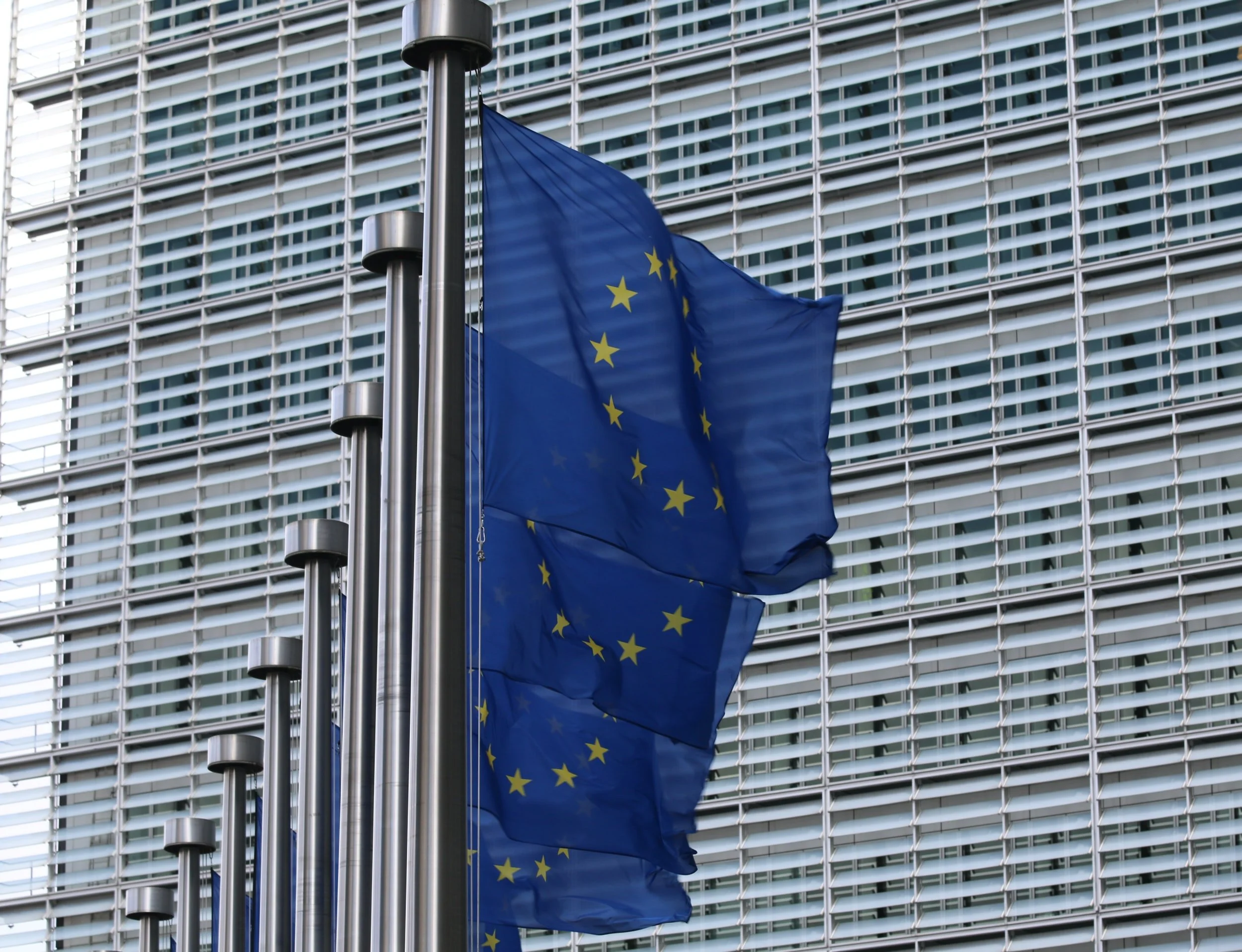
EC Rule of Law Report: EU must safeguard media freedom and pluralism in Europe
The BFMI welcomes the publication of the third annual Rule of Law Report by the European Commission, which highlights the threats to media freedom in Europe. BFMI calls on the European Commission to quickly adopt a comprehensive Media Freedom Act and oblige EU members and accession candidates alike, particularly in the Balkans, to protect media freedom and pluralism.

Albania: BFMI joins press freedom organisations in protest against Prime Minister’s decision to ban journalists from press conferences
In an open letter, the BFMI and seven other international press freedom organisations, denounced Albania’s Prime Minister Edi Rama’s move to unilaterally ban journalists from attending government press conferences.
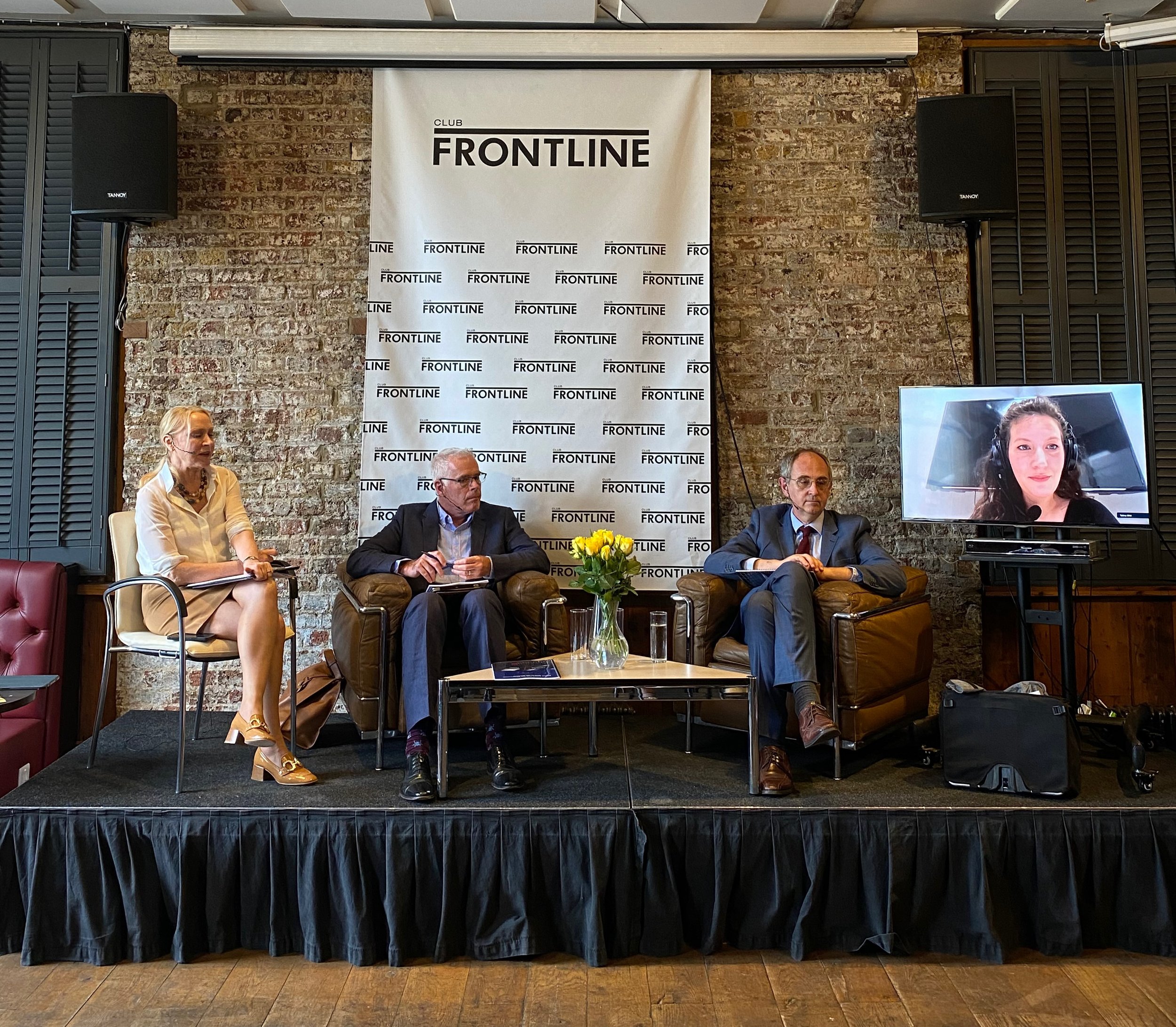

Meta’s Nick Clegg Responds to BFMI Open Letter
On 26 May, Nicholas Clegg, President of Global Affairs at Meta, responded to BFMI’s Open Letter calling on Meta to take urgent steps to prevent abuse of their platforms and tackle the spread of disinformation in the Western Balkans.

Report Launch -Social Media and the Information War in the Balkans
To mark the launch of its second report, ‘Social Media and the Information War in the Balkans’, BFMI is hosting a panel event on Tuesday 17 May in London to discuss how social media channels have been used to spread disinformation and consolidate the grip on power of authoritarian leaders in Serbia and the semi-autonomous region of Republika Srpska.
